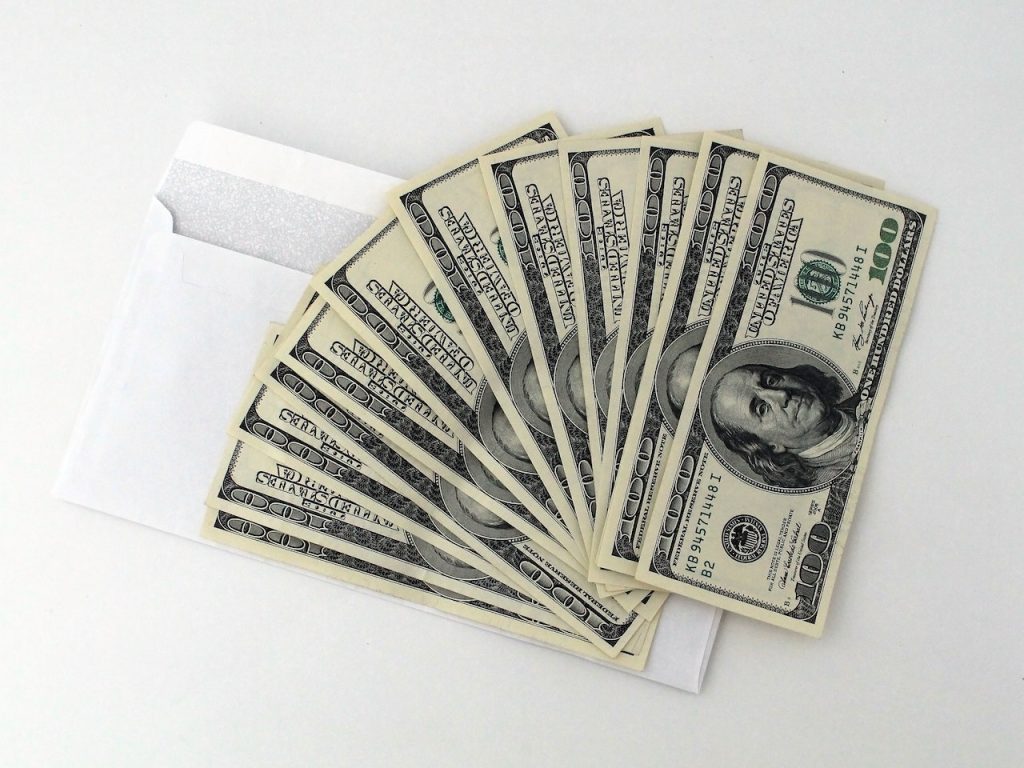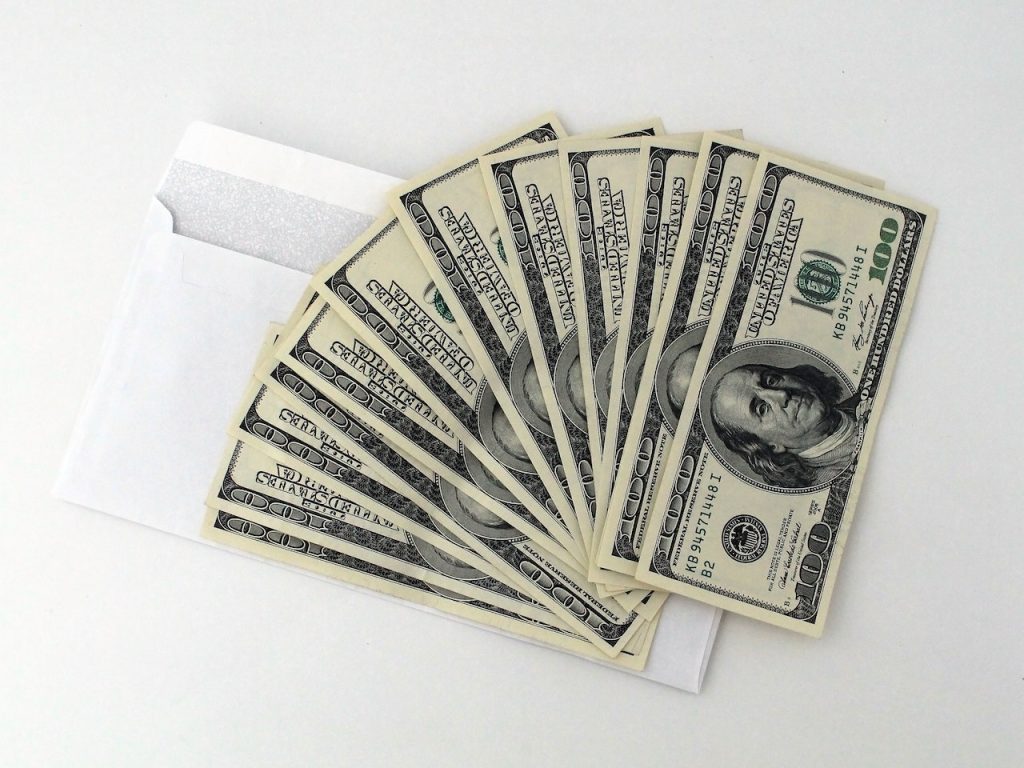An emergency fund is a savings account that you set aside to cover unexpected expenses. It can help you pay for things like car repairs, medical bills, or job loss. Having an emergency fund can give you peace of mind knowing that you have a financial cushion to fall back on in case of an unexpected event.

Understanding the Importance of an Emergency Fund
An emergency fund is important for several reasons. First, it can help you avoid debt. If you don’t have this type of fund and you have an unexpected expense, you may be tempted to use a credit card or take out a loan to pay for it. This can lead to debt that can be difficult to repay. Second, this fund can help you avoid financial hardship.
If you don’t have an emergency fund and you have an unexpected expense, you may have to dip into your savings or sell assets to pay for it. This can put a strain on your finances and make it difficult to make ends meet. Third, this fund can give you peace of mind. Knowing that you have a financial cushion to fall back on can help you sleep better at night and worry less about the future.
Setting Financial Goals for Your Emergency Fund
The amount of money you need to save for an emergency fund will vary depending on your individual circumstances. A good rule of thumb is to have three to six months’ worth of living expenses saved. This will give you enough time to find a new job or make other arrangements if you lose your income unexpectedly.
Determining the Ideal Emergency Fund Size
There is no one-size-fits-all answer to the question of how much money you should have in your emergency fund. The ideal size will vary depending on your individual circumstances. Some factors to consider include:
- Your monthly expenses: The more you spend each month, the larger your emergency fund will need to be.
- Your income stability: If your income is stable, you can afford to save less for your emergency fund.
- Your family size: If you have a family, you will need to save more for your emergency fund.

Developing a Savings Strategy
Once you have determined the ideal size for your emergency fund, you need to develop a savings strategy. There are a number of ways to save money, including:
- Automatic transfers: Set up automatic transfers from your checking account to your savings account each month. This will help you save money without even thinking about it.
- Allocating a portion of each paycheck: Decide how much money you can afford to save each month and allocate that amount to your emergency fund.
- Cutting back on non-essential expenses: Take a close look at your budget and see where you can cut back on non-essential expenses. This could include things like eating out, going to the movies, or buying new clothes.
Choosing the Right Account for Your Emergency Fund
When choosing an account for your emergency fund, you need to consider factors such as interest rates, fees, and accessibility. A high-yield savings account is a good option, as it will earn you more interest than a traditional savings account. However, it is important to choose an account that is easy to access in case of an emergency.
Maintaining and Replenishing Your Emergency Fund
Once you have started saving for your emergency fund, it is important to maintain and replenish it over time. Make sure to contribute to your fund each month, even if it is just a small amount. You should also review your fund size periodically and adjust it as needed.
Conclusion
Building an emergency fund is an important step in protecting your family’s financial security. By following the tips above, you can set yourself up for financial success in the future.
Additional Tips
Here are some additional tips for building an emergency fund:
- Start small. If you can’t afford to save a lot of money each month, start by saving a small amount. Even saving $50 a month can make a big difference over time.
- Get creative. There are many ways to save money, so get creative and find ways to cut back on your expenses. For example, you could cook more meals at home, pack your lunch for work, or cancel unused subscriptions.
- Don’t give up. Building an emergency fund takes time and effort, but it is worth it in the long run. Don’t give up if you don’t see results immediately. Just keep saving and you will eventually reach your goal.
Building an emergency fund is an important step in protecting your family’s financial security. By following the tips above, you can set yourself up for financial success in the future.
